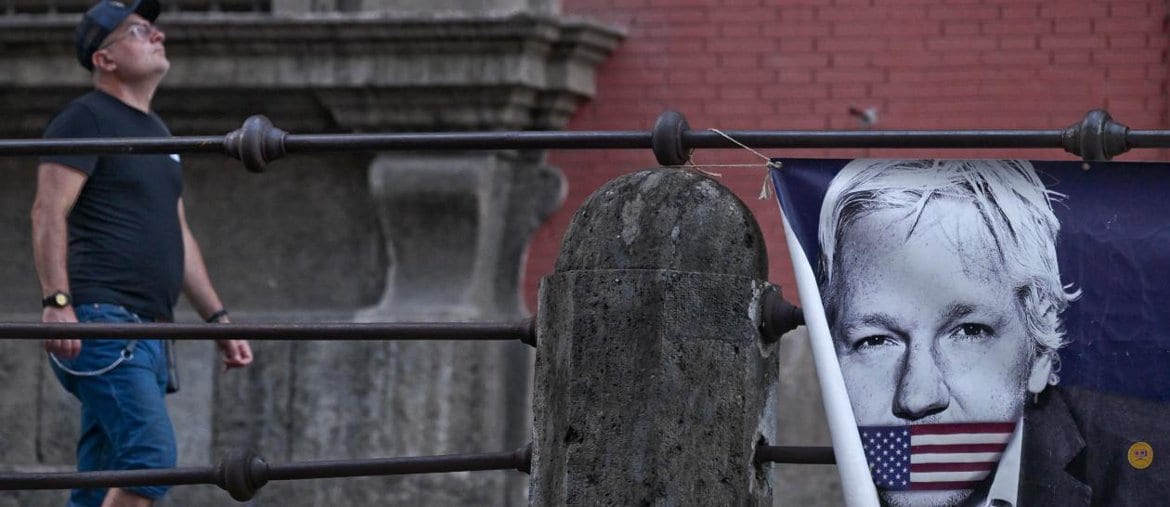It was signed in a few hours by 120 jurists, and the number is increasing in a few hours, the appeal which takes a position against the extradition to the United States of Julian Assange (video) the founding journalist of WikiLeaks accused of 18 crimes charged to him largely on the basis of the provisions of the Espionage Act of 1917 and who, if convicted, risks a sentence of up to 175 years in prison.
The document, signed by magistrates, former magistrates, such as Armando Spataro, Adriano Sansa, Nello Rossi and Elena Paciotti, lawyers and university professors such as Adolfo Ceretti, Nando Dalla Chiesa, Gaetano Azzariti and Fabio Basile, is also in favor of his release after “he was subjected to psychological torture, at least since the end of 2017 (when he was still in the Ecuadorian embassy) with confinement in small spaces, permanent video surveillance (…) prohibition for a certain period of using mobile phones and web connections” and then “after his arrest he was transferred to Belmarsh penitentiary, – continues the appeal – there he is held in a minimally sized cell, with even more accentuated restrictions and controls”.
“The accusation against Assange – continues the document – of having violated American state secrets harms the freedom of the press, a right-duty of every true democracy, also provided for in the first amendment of the American Constitution and in art. 19 of the Universal Declaration of Human Rights” and moreover, according to the signatories of the appeal, it is unfounded. Finally, in the widespread appeal, it is highlighted that “it cannot, in fact, be denied that the extradition of Julian Assange, in addition to elementary humanitarian reasons imposed by his very proven psycho-physical conditions and reasonable fears about the future prison regime, would constitute a terrible example of suffocation of free information oriented towards the disclosure of abuses of power and would ultimately result in the definitive drying up of the sources of knowledge that the community must continue to be able to enjoy”.
